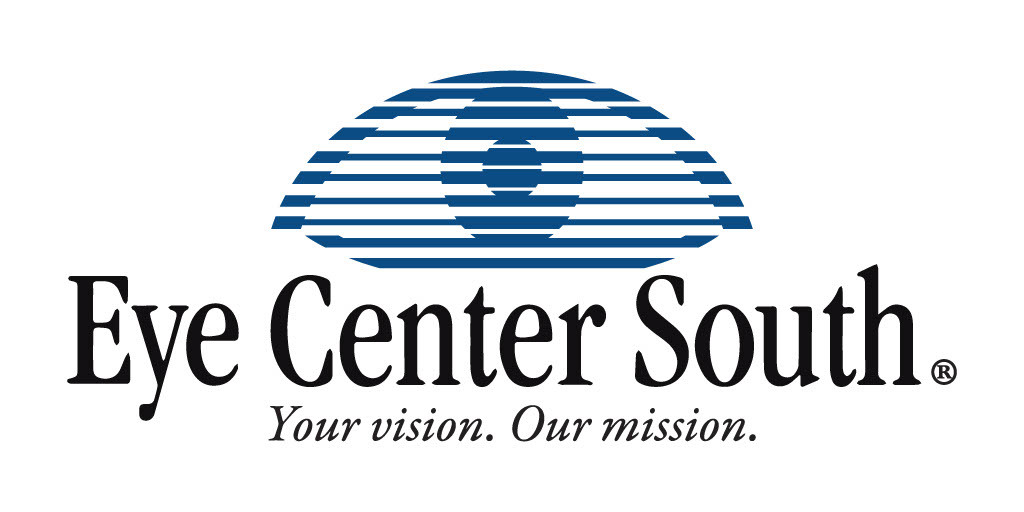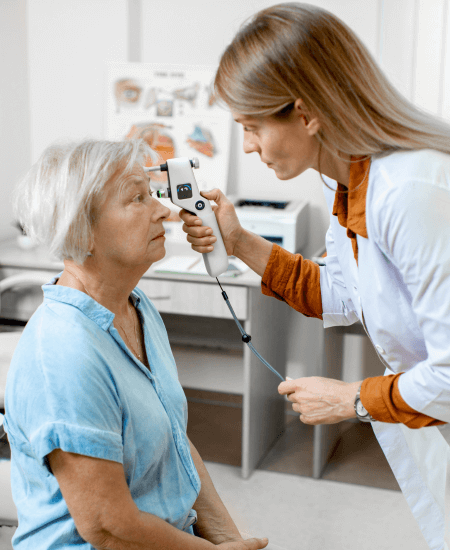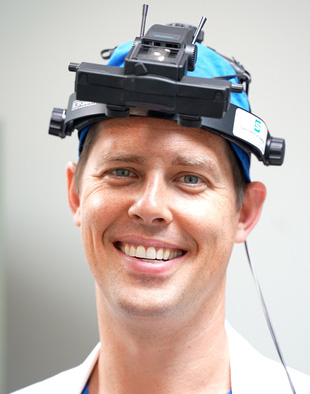From reading the fine print of a good book to taking in the great outdoors, you count on your eyes every waking moment to get you through the day. Aside from the occasional eye rub when you’re tired or putting on some sunglasses to stop from squinting, you might not give your eyes much thought, but the fact is that there are countless choices you make on a daily basis that directly affects their ability to do their job well. So, are you doing enough for them?
If you’re looking to support your eyes in everything they do for you, here are some tips for healthier vision now and always.
Take Blinking Breaks
When you get too ingrained into anything – be it your favorite TV show or that book you’ve been reading — your eyes don’t blink as much. While it might not sound like a big deal, not blinking often enough can lead to many eye problems.
Each time you blink, a small amount of ocular fluid is restored to the surface of your eye, helping to prevent uncomfortable dry eyes while also warding off germs and bacteria. Stare for too long and you’re making your eyes fight an uphill battle to stay healthy. So, next time you’re ultra focused, take a blinking break.
Follow the 20-20-20 rule. Every 20 minutes, look 20 feet away for at least 20 seconds, being sure to blink often.

Avoid Eye Contact
Anytime something comes into contact with your eyes or the areas around them, you’re at risk of transmitting an army of germs directly to one of your body’s most sensitive and vulnerable areas.
In order to keep your eyes healthy, avoid rubbing your eyes, especially if you haven’t washed your hands. Likewise, clean and replace mascara wands and other products often, and be mindful of the ingredients in any makeup or face creams you use.
Plus, don’t forget the biggest one of all: Contacts. The University of Texas found that fewer than 2% of people actually follow the guidelines for storing, handling, and replacing their contact lenses, and that can lead to major risks. If you wear contacts, take proper precautions.
Be Vigilant About Exams
If you notice symptoms like eye pain, severe dryness, blurred vision, or difficulty seeing things at a given distance, don’t wait to talk to your eye doctor. Better yet, don’t wait to make an appointment until you have symptoms. Scheduling a comprehensive eye exam (one with pupil dilation) every year is highly recommended to protect you from diseases that could lead to blindness.
Diseases like glaucoma and age-related macular degeneration lack early stage symptoms and they require a professional eye exam to be diagnosed before they progress. The good news? If you attend your eye exams and these diseases are caught in the early stages, you can prevent the vision loss and blindness they can cause.

Incorporate Eye-Healthy Foods
You know that Omega-3s like those found in fish oil are good for your vision, but are you paying enough attention to the many other vitamins and minerals that your eyes need to stay healthy? The best way to support your vision is to incorporate some eye-healthy foods into your diet regularly, including leafy greens like kale and fish like salmon.
Should You Schedule a Preventative Eye Exam?
Maybe you’re too busy to think about another appointment or perhaps you’re worried about the cost of your eye care. Whatever situation you’re in, know that your eye doctor is here to help you protect your vision. If you have questions about preventative care, don’t hesitate to call your provider and ask about your options. While many diseases are preventable, many are not curable, and that’s why being proactive about your eye health matters.





